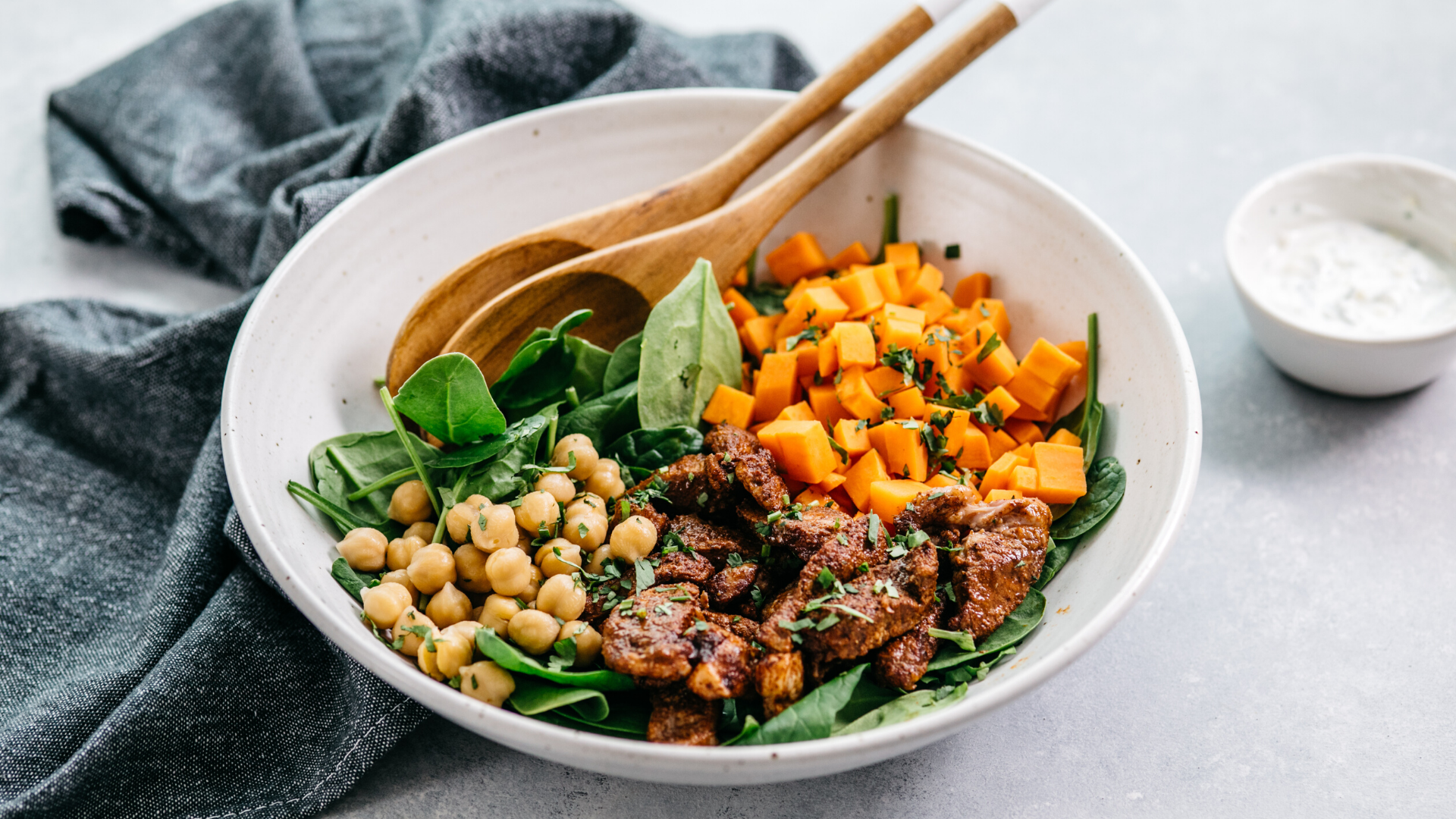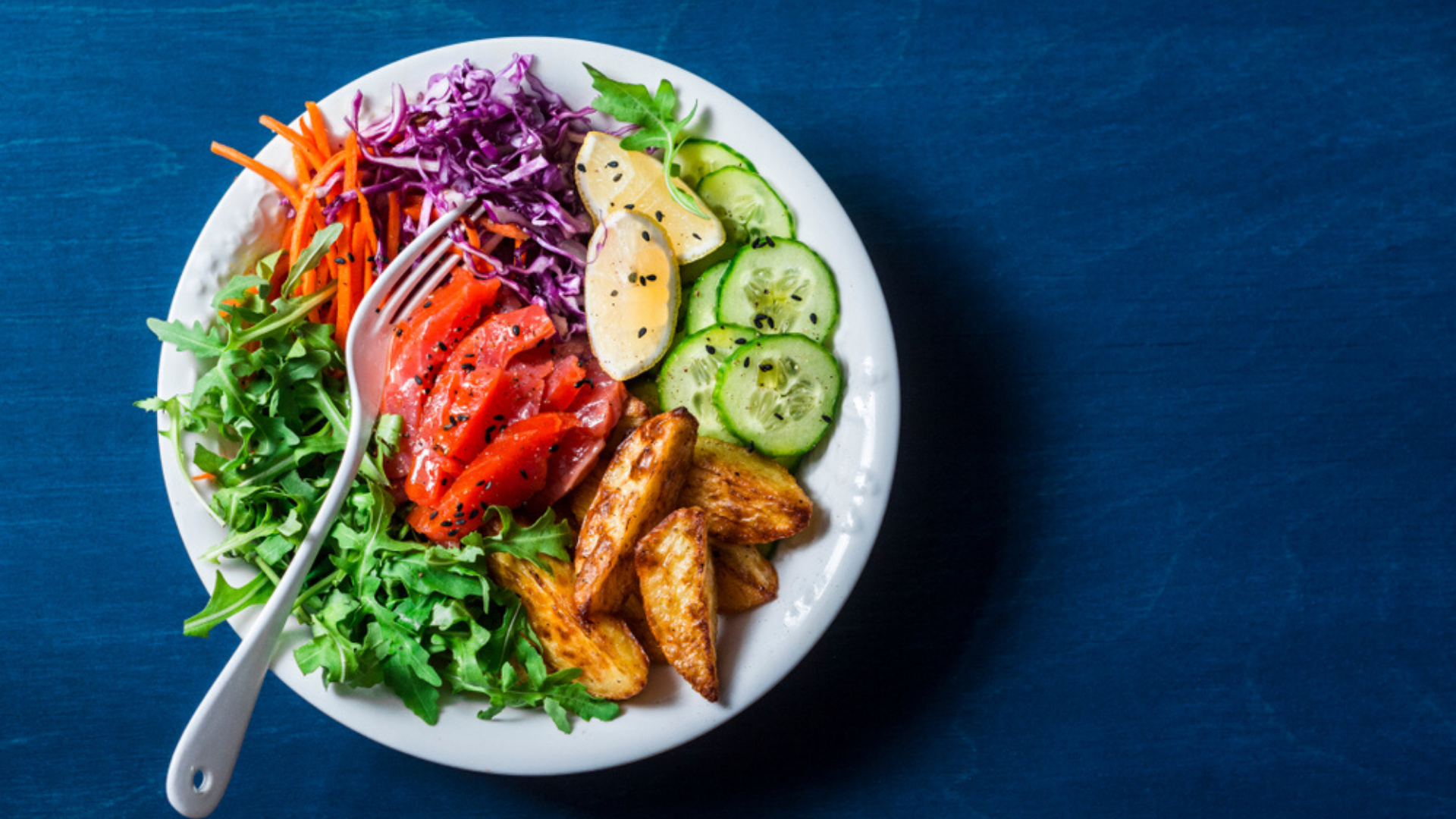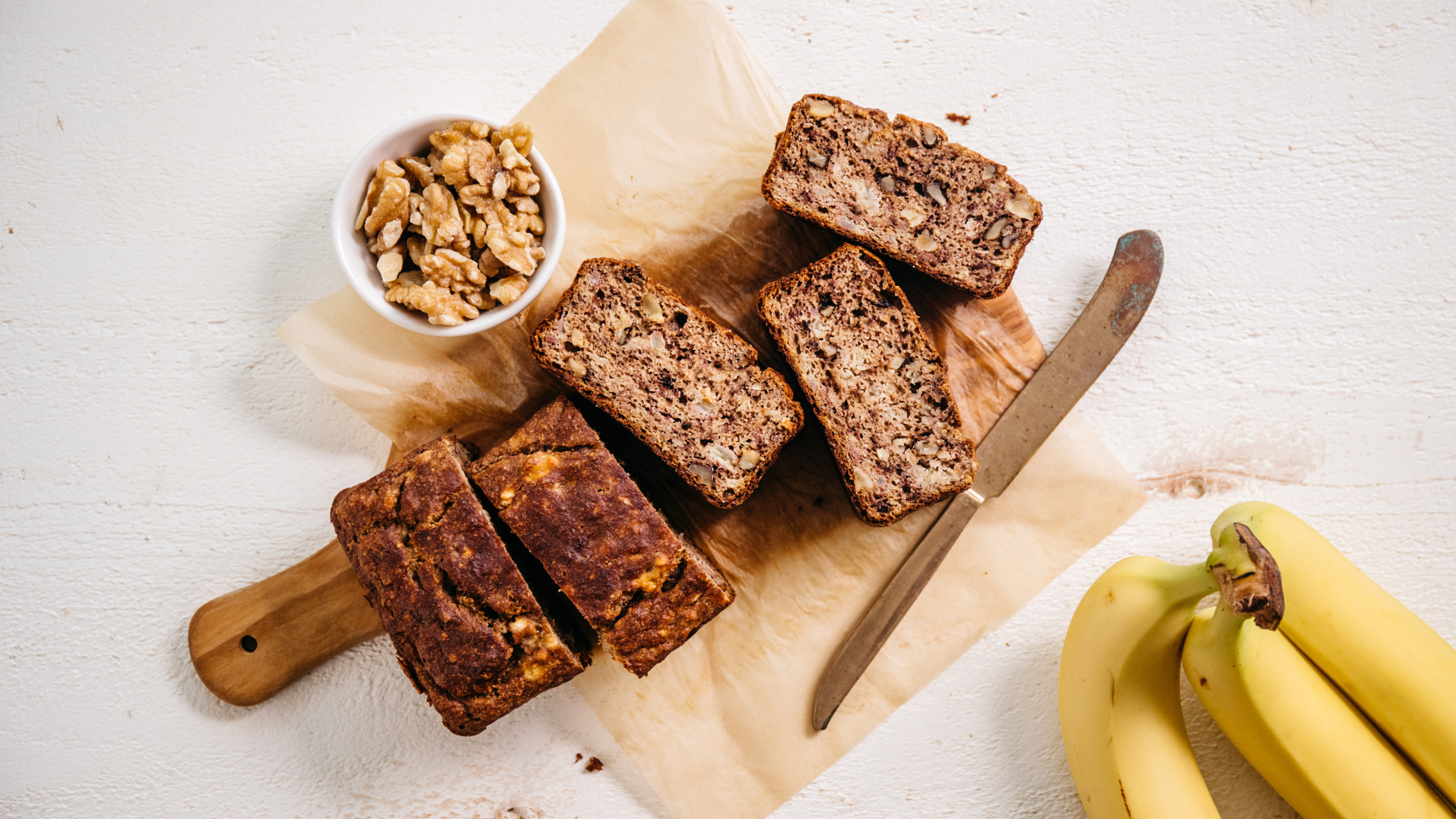Maximise Your Fitness Goals with the Essential Nutrition Guide
With gyms set to reopen, it is now time to get back on track with your fitness goals. You can make those workouts count too with this essential nutrition guide provided by the experts from F45. Like you, we’re glad that fitness studios across Singapore are ready to welcome members back. After all, it finally gives us the opportunity to ditch those workouts at home. But kickstarting your gym goals is just one aspect of fitness.

You also need to keep accountable with a proper nutrition routine. Thanks to the nutrition experts at F45, we have come up with an essential nutrition guide that will help maximise your workouts. Not only will these F45-approved tips help enhance your workouts, but they will also boost your long-term health goals.
From eating right to proper portioning and more, this nutrition guide will provide you the necessary steps to take in order to achieve your fitness and health goals. F45 nutritionist, Kim Bowman shows us how.
TRY FOOD SWAPS

Small changes to your diet can have a big impact on any fitness journey. When it comes to carbohydrates, avoid processed foods. Processed carbs including white rice, white bread, and baked goods made with white flour have been stripped of their fibre and overall nutrient density during processing.
Go for high-fibre, whole grain foods instead such as rolled oats, brown rice, quinoa, and multigrain bread. These foods provide the fibre needed in our diet to slow digestion and maintain feelings of fullness while also promoting the removal of waste and toxins in the body.
Complex, whole grain carbohydrates are rich in fibre providing greater overall nutritional value and sustained energy without inducing rapid changes in blood sugar that typically occurs with processed carbs. Additionally, fibre-rich, whole grain carbs make an ideal post-workout food to replenish lost energy stores and aid recovery.
PORTION CONTROL

Processed carbohydrates often contain ‘added or refined sugar’ making them a common source of comfort food. While the majority of carbohydrate intake should come from complex, non-processed sources (whole grains, fruits, veggies), when indulging in comfort foods on occasion it’s important to be mindful of portion size and meal timing.
Avoiding processed carbs in the morning is key for maintaining stable blood sugar throughout the day to avoid “sugar crash” and cravings in the afternoon or evening. Carbs in the morning should be low glycaemic, mainly consisting of whole grains and veggies in combination with quality protein (eggs, nuts, legumes) which promote satiety and prevent cravings.
High glycaemic carbs such as dried fruit are best for post-workouts to replenish lost energy stores and enhance recovery. Aside from being mindful of portion sizes and meal timing, regular hydration throughout the day is essential to regulating portion size and reducing hunger cravings. Have a glass of water before or with every meal in addition to during and post-workout to avoid dehydration which can induce sugar cravings.
PROTEIN AND CARBS’ GO HAND-IN-HAND

The combination of quality complex carbohydrates with protein provides a steady source of energy throughout the day which is essential to boost feelings of fullness. Adding a quality protein source to our meals such as nuts or seeds, eggs, fish, or turkey helps to promote weight-loss by increasing satiety, boosting metabolism, and promoting lean muscle mass development. Try a post-workout snack that includes an apple topped off with nut butter or a larger meal such as chicken salad with beans and veggies!
IF YOU’RE A HIIT FANATIC, CARBOHYDRATES ARE YOUR NEW BEST FRIEND

When it comes to high intensity training, quality carbohydrates are essential to maximizing energy during workouts and promoting recovery post-workout. Cutting out carbohydrates for extended periods can limit our ability to achieve a high level of intensity during interval training (HIIT) often leading to training plateaus or feelings of fatigue.
The key to carbohydrate consumption is to choose quality, complex carbs over processed forms while being mindful of meal timing (pre- or post-workout). Cutting carbs altogether is counterproductive to our training goals as we need quality sources to maximize energy, promote efficient recovery and achieve an all-around elite performance.
